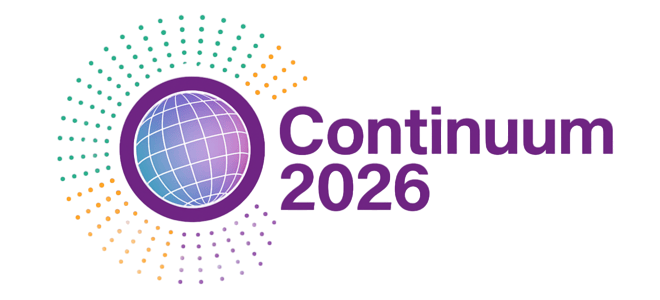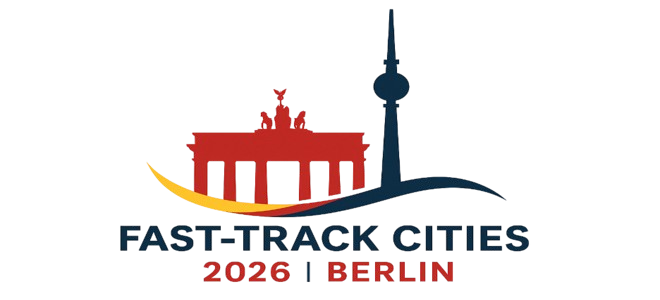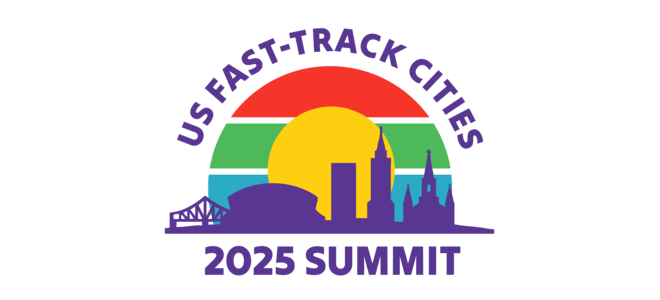Decade of Action
The United Nations’ Member-States adopted the 2030 Agenda for Sustainable Development in 2015. At its heart are Sustainable Development Goals (SDGs), each expressing an urgent call for action to be taken by all countries in a global partnership yielding quantifiable outcomes by 2030.
The International Association of Providers of AIDS Care (IAPAC) is actively working to end the epidemics of HIV, tuberculosis (TB), and viral hepatitis at the national, subnational, and municipal levels by 2030 (SDG 3.3). With a decade left to attain this goal, IAPAC recommits to this SDG. We also commit to interconnected SDGs, including no poverty (SDG 1), gender equality (SDG 5), reducing inequalities (SDG 10), and sustainable cities and communities (SDG 11).
Particularly in our role as a core partner of the Fast-Track Cities initiative, IAPAC is joining forces with like-minded institutions to ensure that the people whose lives we strive to prolong and enhance must also live in cities that are safe, sustainable, and resilient. In setting our commitments for a “Decade of Action” to achieve the SDGs, we are guided by IAPAC’s mission, the Denver Principles, the Declaration of Alma Ata, the Paris Declaration on Fast-Track Cities, the New Urban Agenda, and the promise that the SDGs represent for an improved human condition by 2030.





